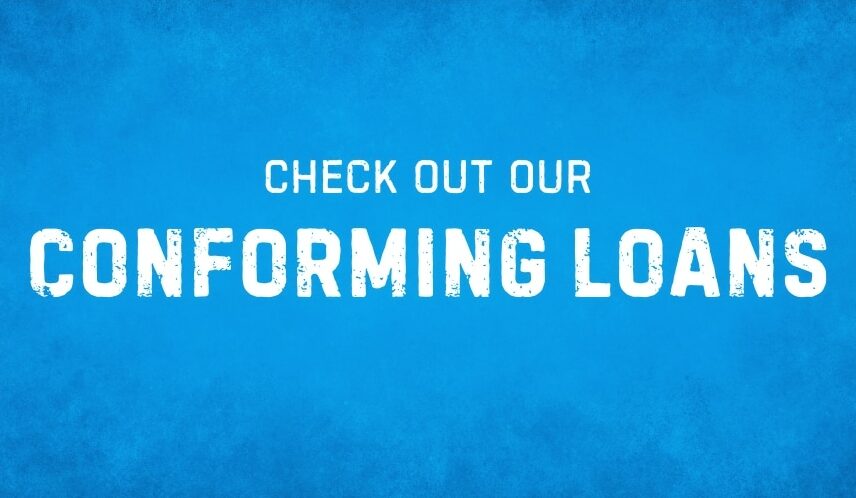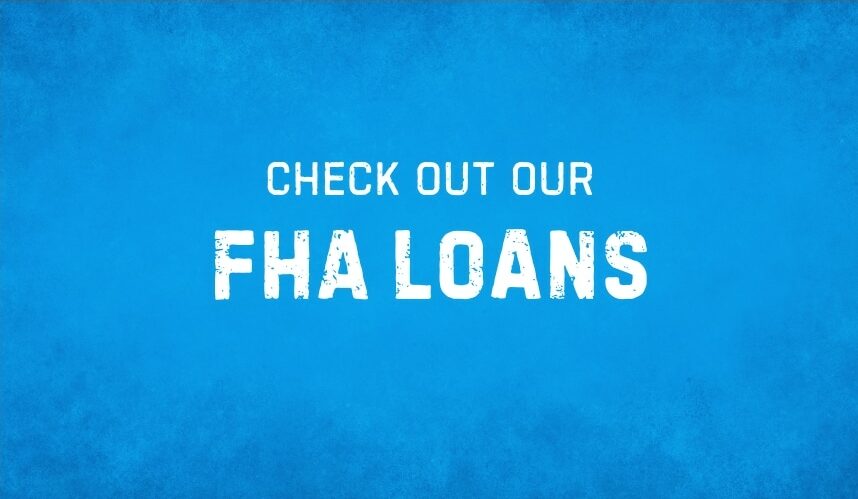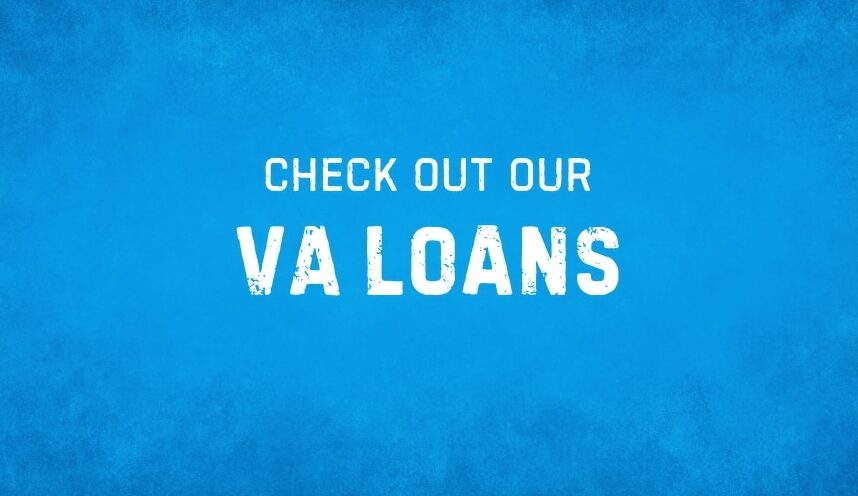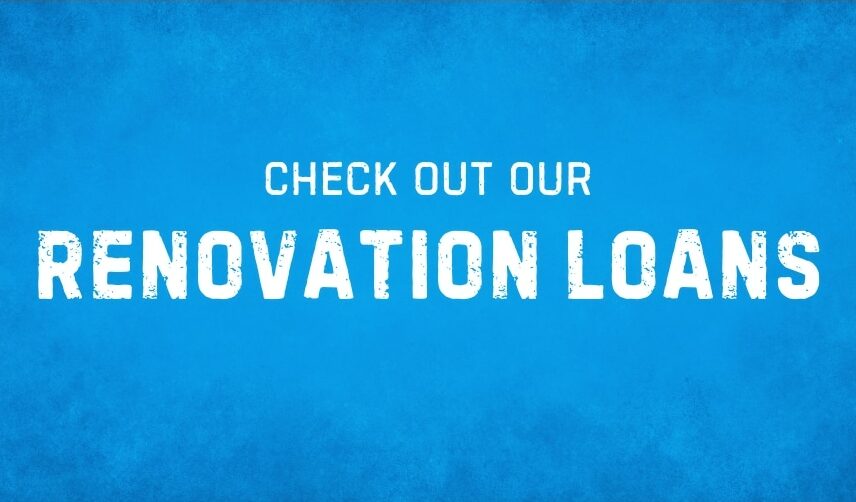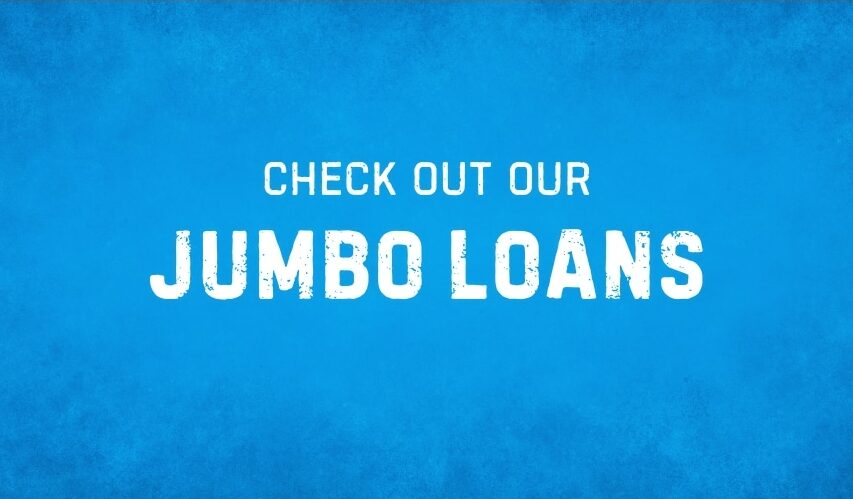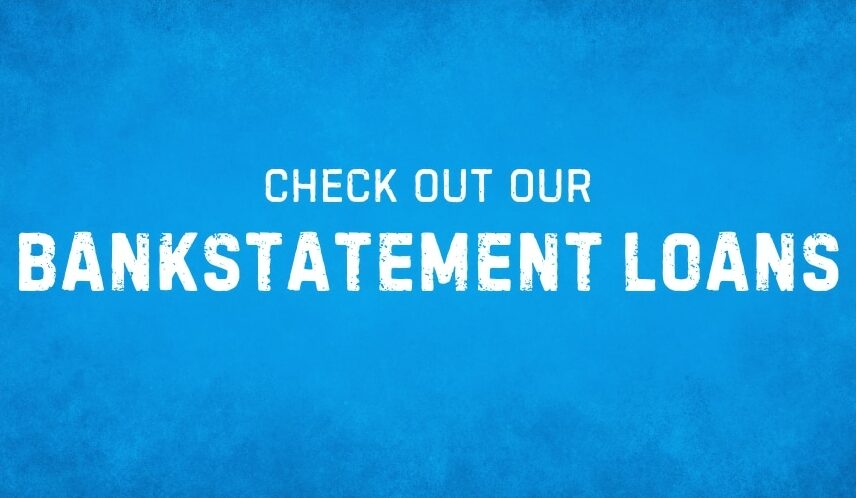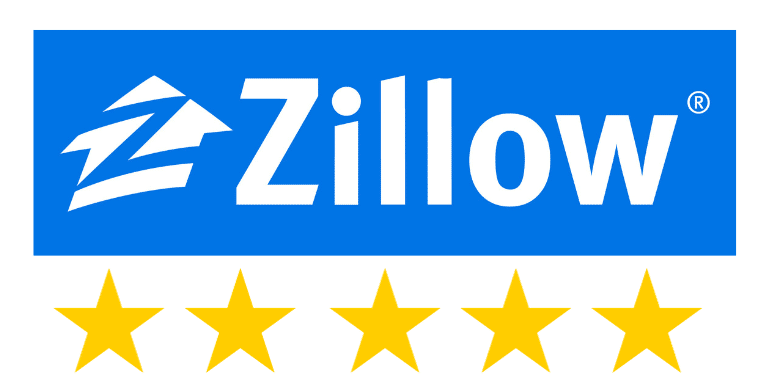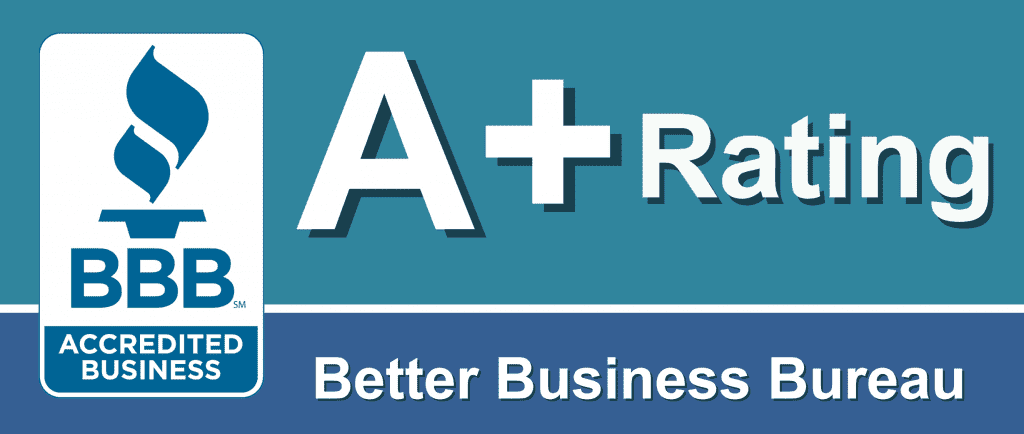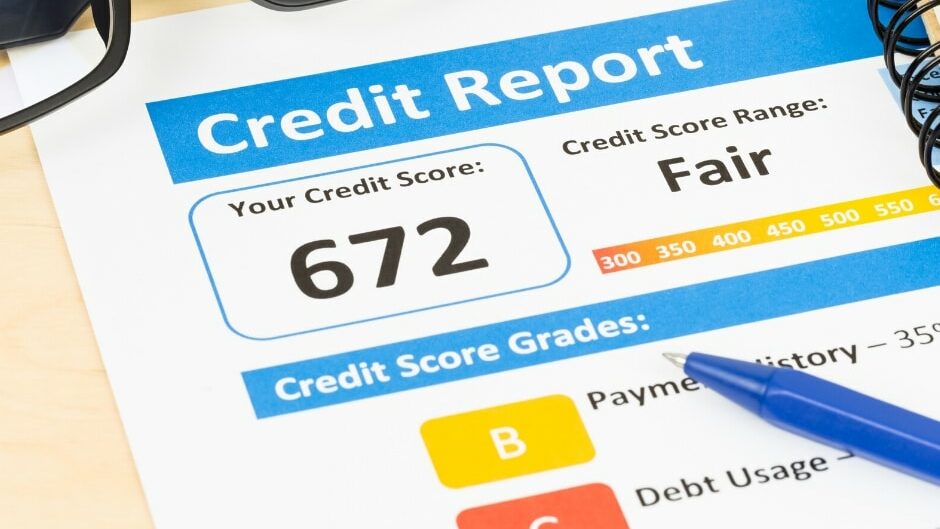
Why Is My Credit Score Lower?
Have you ever wondered why the credit score your mortgage lender obtains is lower than the credit score you obtain when you order it from a service like Credit Karma?
The reason your mortgage lender obtains a lower credit score is that the algorithm used by the three credit bureaus for mortgage lenders is different from the algorithm used by consumer monitoring sites like Credit Karma.
In fact, the three credit bureaus, Equifax, TransUnion, and Experian, each use a separate model to evaluate your credit history, and then they each issue their own credit rating.
It can be a bit complicated to figure out, but we break it down in terms you’ll understand so that you’re better informed about your credit score and what that means for your mortgage application.
What is a credit score?
A credit score is a number that is generated from a calculation of your debts, payment history, and negative, derogatory items like liens and foreclosures as reported to the three credit bureaus. The score is based on an algorithm that is responsible for comparing all the information in your report to generate that score.
Credit Score Models
The three main credit bureaus are Equifax, TransUnion, and Experian, and each bureau has its own credit scoring model. Only TransUnion uses a FICO scoring model.
- Equifax uses FACTA BEACON 5.0 scoring model
- TransUnion uses FICO CLASSIC 04 scoring model
- Experian uses FAIR ISAAC MODEL II scoring model
Each model is different, and how it scores a credit history can be significantly different. Sometimes there are 20 – 30 point spreads between your high and low credit scores. And these models are specific to the mortgage industry; other industries (like auto) receive a different score based on the specific models for that group.
You could walk into a car dealership, run your credit, and the next day run your credit with a mortgage company, and you might get slightly different scores. And it’s not because of the inquiry; it has to do with the fact that the algorithm the three bureaus use for the auto industry is a bit different than the algorithm for the mortgage industry.
Do You have a question or need a quote?
Contact KevinLow rates, fast closings, and exceptional service.
The two most well-known credit score models
The two most well-known credit score models are FICO and Vantage. A version of FICO is used in the TransUnion scoring model, and the Equifax and Experian models, but the Vantage score is not (this is specific to the mortgage industry).
FICO stands for Fair Isaac Corporation and was the first significant scoring model. Other less well-known scoring models include Credit Xpert Credit Score and CE Credit Score.
FICO Score
The FICO Score model is weighted heavily towards your Payment History and Credit Utilization (how much credit you use) as the main two factors when determining your credit score. Other factors include Credit Use and Credit Inquiries.
Vantage Score
The Vantage Score model came out in 2006, just before the “Great Recession.” It’s the brainchild of the three major credit bureaus. Under the Vantage Score model, payment history is the number one factor, then the age and type of credit is the second leading factor in determining someone’s Vantage Score. The third main factor is how you use your credit cards (are they maxed out?), and the last three are as follows:
- Total Balances
- Recent Behavior
- Available Credit
As mentioned, the Vantage Score is not used when a loan officer pulls your credit report, but many consumer sites and credit card companies provide one to consumers.
Where Does The Term “Pull Your Credit” Come From
Years ago, before a company could obtain your credit report online, a company had to obtain your credit report in writing from the bureaus directly (via regular mail and, eventually, fax). The bureaus had to “pull” up your report and mail it to the company (or fax it) requesting it.
You would think that the language would change over the years, but it hasn’t; loan officers around the country still say “pull your credit” when they talk with consumers about obtaining their credit report.
The Credit Inquiry Myth
Some people believe that every time you check your credit score, it drops 30, 40, or even 50 points, which is not true. In fact, the credit bureaus understand that when you obtain a mortgage or a car loan, it’s smart to shop around, so they allow for some credit inquiries, and it will not impact your credit score.
If you decide to apply for four or five credit cards at once, then you might see a few points here are there but nothing significant. The biggest thing is paying your debts on time and don’t max out your credit cards.
Here are the important credit score levels
When it comes to conventional mortgages, there are eight main “Loan Level Price Adjusters” (aka score ranges) that are important to the approval process. The higher the credit score, the better the rate (generally speaking).
- 619 or under is the lowest level
- 620 – 639
- 640 – 659
- 660 – 679
- 680 – 699
- 700 – 719
- 720 – 739
- 740 – 759
- 760 – 779
- 780+
Further Explanation
If homeowner “A” has a 725 credit score and homeowner “B” has a 735 credit score, does homeowner “B” obtain a better rate? The answer is no because they are within the same credit score range. But if homeowner “B” has a 740 or higher score, he might be able to lock in better terms than homeowner “A.”
Did you catch the word “might”? The reason has to do with another component of figuring out the interest rate: the Loan-To-Value ratio (aka LTV). If your LTV is at or below 60%, you can have a 660 or a 740 – it doesn’t matter; you’ll obtain the same mortgage rate. But if the LTV is 80%, you’ll end up having an interest rate that’s a.25% to .50% higher.
Some additional things that will increase your interest rate are:
- Cash-out loans
- Non-owner occupied loans (rentals)
- If you have a second; that will increase your first mortgage rate
- More than one unit on the property
- If the property is a Condominium with an LTV of 75.01% or higher
When determining your interest rate on a mortgage, there are the three main C’s – Credit (or “Character”), Capacity, and Collateral. Having an experienced and knowledgeable loan officer with a great reputation can help you understand all the important details.
Do You have a question or need a quote?
Contact KevinLow rates, fast closings, and exceptional service.
What can hurt your credit score?
Many different things can hurt your credit score; here are the five most significant issues that could negatively impact your credit score:
- Bankruptcy
- Liens
- Collection accounts
- Missed payments
- Maxing out your credit line
A good thing that has changed over the years is that small medical collections debt must be handled differently than other collection accounts (like an unpaid credit card account with a $5,000 balance). Credit bureaus must wait six months before they can place the medical collection debt on your credit report, and once they’ve been paid, they must be removed.
Also, mortgage companies no longer require nor pay attention to small medical collections debt.
What can raise your credit score?
The best way to raise your credit score is to show you can manage debt properly. Use 3-4 credit cards responsibly, actively use them, and ensure the balances never go above 50% of the credit limit (ideally, keep them below 35%). Not using your credit cards does not help increase your score.
Understanding your credit report and credit score is a big part of getting a mortgage. Knowing ahead of time that the score a mortgage company obtains will probably be different than the credit score you are obtaining will save you from a lot of confusion and frustration.
Being educated about how your credit score is formed and why it’s important for mortgage companies enables you to be better prepared for when you are ready to apply.

